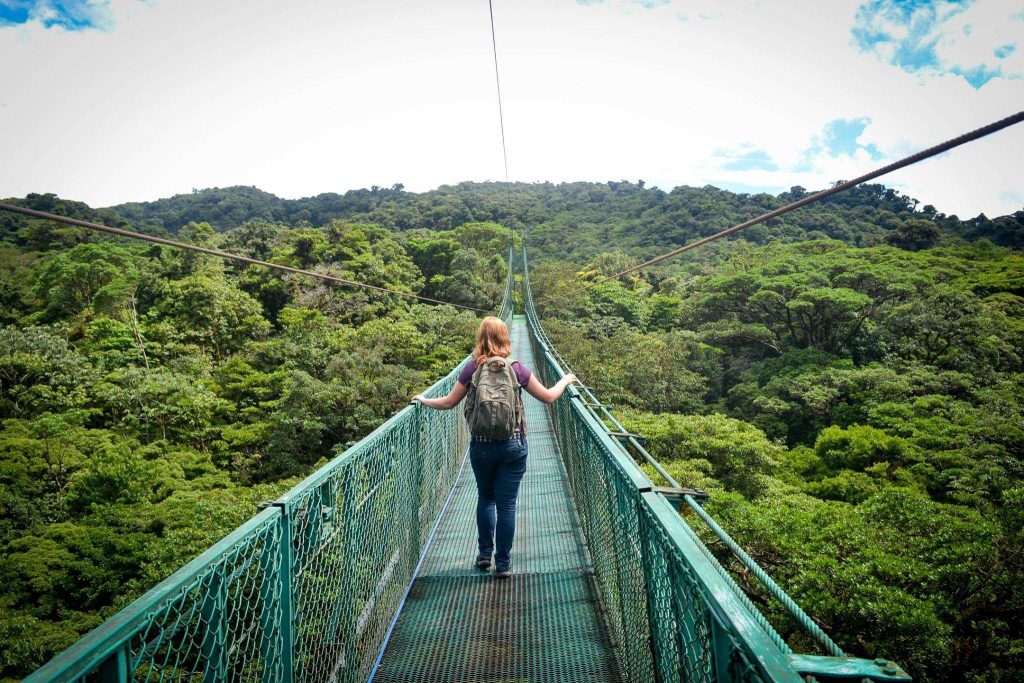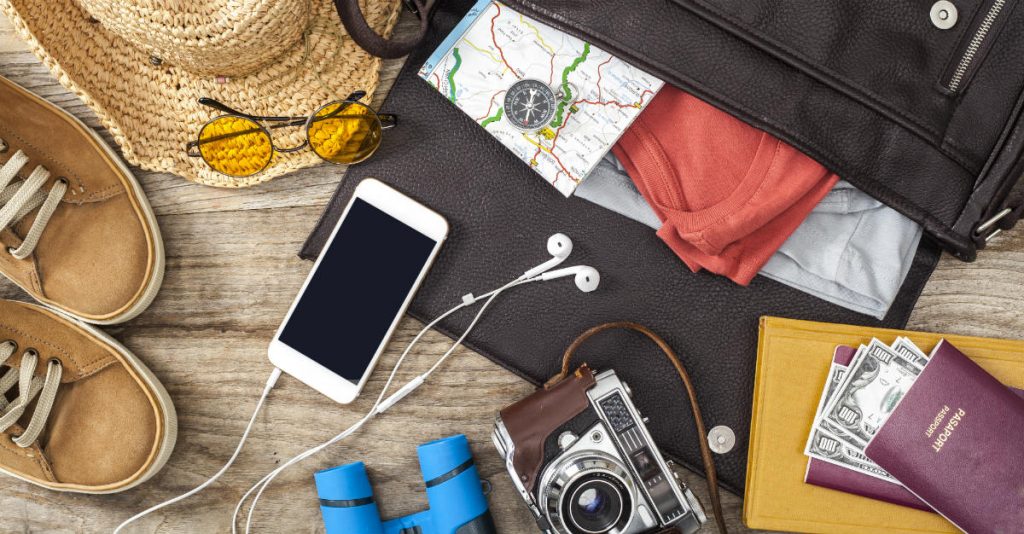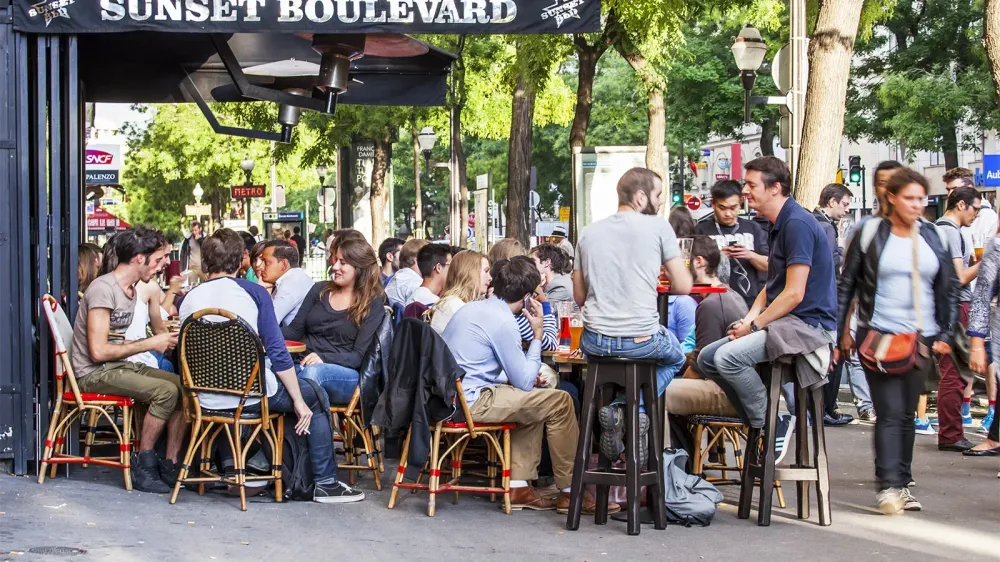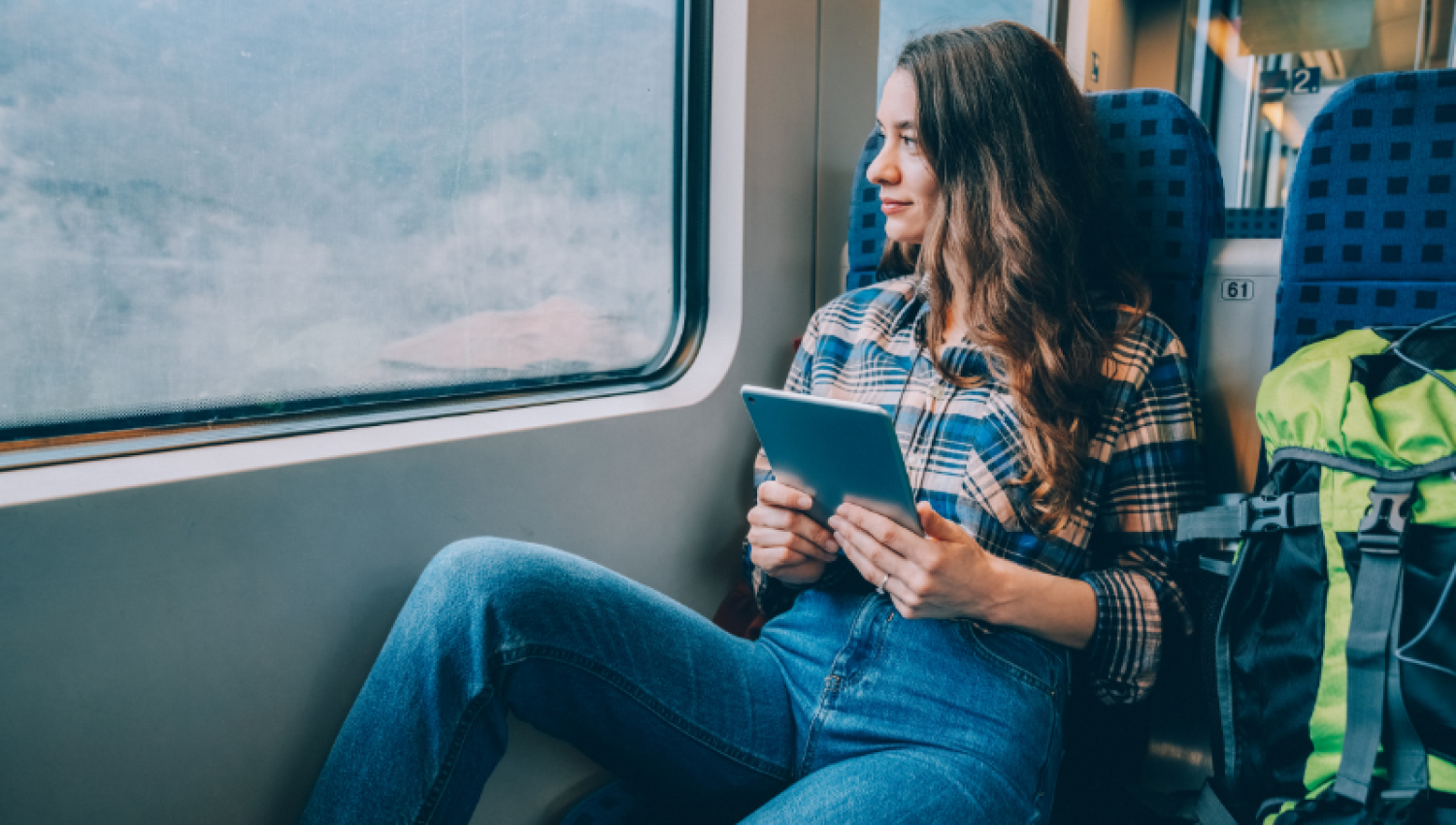How to travel solo safely
Traveling solo is an exciting adventure that allows you to explore the world on your terms, gain confidence, and create unforgettable memories. However, traveling alone also comes with unique challenges, especially regarding safety. With proper planning, awareness, and precautions, solo travelers can enjoy a safe and enriching experience. Here’s a comprehensive guide on how to travel solo safely.
1. Research Your Destination Thoroughly

Before embarking on your solo journey, it’s essential to research your destination. Learn about the local culture, customs, and laws to avoid misunderstandings. Identify safe neighborhoods, transportation options, and any areas to avoid. Websites, travel forums, and official tourism boards provide valuable information. Understanding the local environment reduces risks and helps you make informed decisions during your trip.
2. Keep Your Family and Friends Informed
While traveling alone, it’s crucial to stay connected with loved ones. Share your itinerary, accommodation details, and emergency contact numbers with a trusted friend or family member. Regular check-ins via text, call, or social media can reassure both you and your loved ones. In case of emergencies, having someone aware of your whereabouts can be a lifesaver.
3. Choose Accommodation Wisely
Selecting safe accommodation is one of the most important steps in solo travel. Opt for reputable hotels, hostels, or guesthouses with good reviews and secure facilities. Look for places with 24/7 reception, secure locks, and safe access to rooms. Avoid staying in isolated or poorly lit areas. If possible, choose accommodations near public transportation or popular areas to ensure safety and convenience.
4. Keep Valuables Secure

When traveling alone, safeguarding your belongings is essential. Use a money belt or hidden pouch for cash, passport, and credit cards. Avoid carrying large amounts of cash or flaunting expensive items, as this can attract unwanted attention. When staying in hotels or hostels, use lockers or safes to store valuables. Maintaining vigilance over your possessions significantly reduces the risk of theft or loss.
5. Stay Aware of Your Surroundings
Situational awareness is key to solo travel safety. Pay attention to your environment, especially in crowded places or unfamiliar areas. Trust your instincts—if a place or person feels unsafe, leave immediately. Avoid walking alone at night in poorly lit areas and be cautious when accepting invitations from strangers. Staying alert can prevent dangerous situations before they escalate.
6. Use Technology Wisely
Smartphones and travel apps can be powerful tools for solo travelers. Use GPS navigation, translation apps, and local emergency numbers to stay informed and connected. Some apps allow friends and family to track your location in real-time, providing an added layer of security. However, avoid oversharing your exact location publicly on social media, as this could compromise safety.
7. Learn Basic Self-Defense Skills
While traveling solo, knowing basic self-defense techniques can boost confidence and safety. Simple skills such as breaking free from a grab, using pepper spray, or raising an alarm can be helpful in emergencies. Even basic awareness and assertiveness can deter potential threats. Taking a short self-defense class before your trip can provide valuable preparation.
8. Blend In with the Locals

One of the best ways to stay safe as a solo traveler is to avoid standing out as a tourist. Dress modestly according to local norms and observe how locals behave in public spaces. Avoid drawing attention to yourself with flashy clothing, jewelry, or expensive gadgets. Blending in reduces the risk of being targeted for scams or theft.
9. Stay Healthy and Prepared
Solo travel safety isn’t just about avoiding crime—it’s also about maintaining health and wellness. Carry a basic first aid kit, any necessary medications, and sufficient water. Be cautious with street food or tap water in certain destinations. Adequate rest, hydration, and proper nutrition keep you alert and able to handle unexpected situations safely.
10. Trust Your Instincts
Finally, the most crucial rule of solo travel is to trust your instincts. Your intuition is often your best guide in unfamiliar environments. If something feels off, leave immediately and seek help if needed. Don’t hesitate to ask locals, authorities, or fellow travelers for advice or directions. Listening to your gut can prevent dangerous situations and ensure a positive travel experience.
Conclusion
Traveling solo is an empowering and rewarding experience, offering freedom, personal growth, and unique opportunities. By planning ahead, staying vigilant, and taking practical precautions, you can travel alone safely and confidently. Research your destination, maintain communication with loved ones, protect your belongings, and trust your instincts. Solo travel can be a life-changing adventure when approached with awareness and preparation.


Post Comment